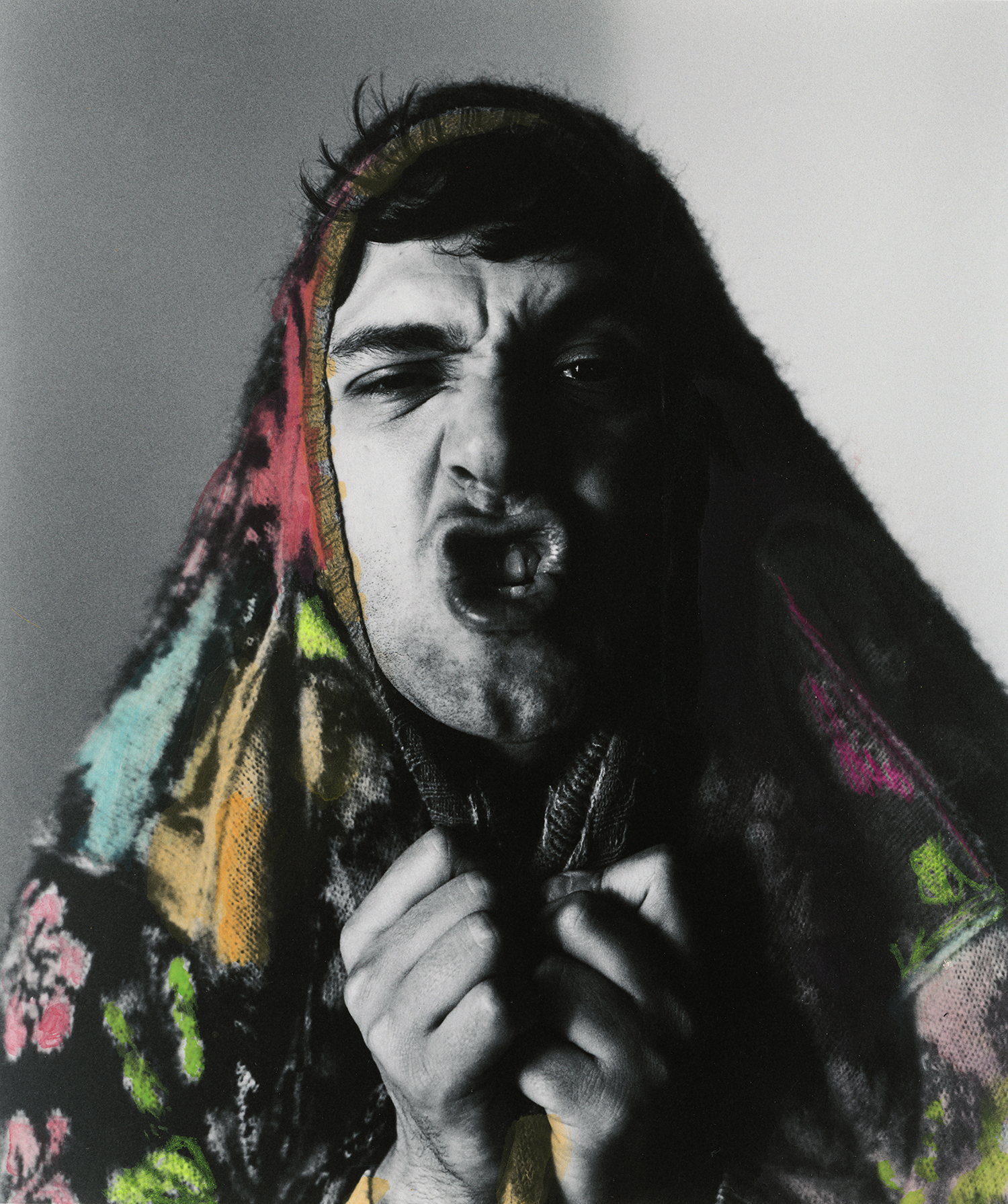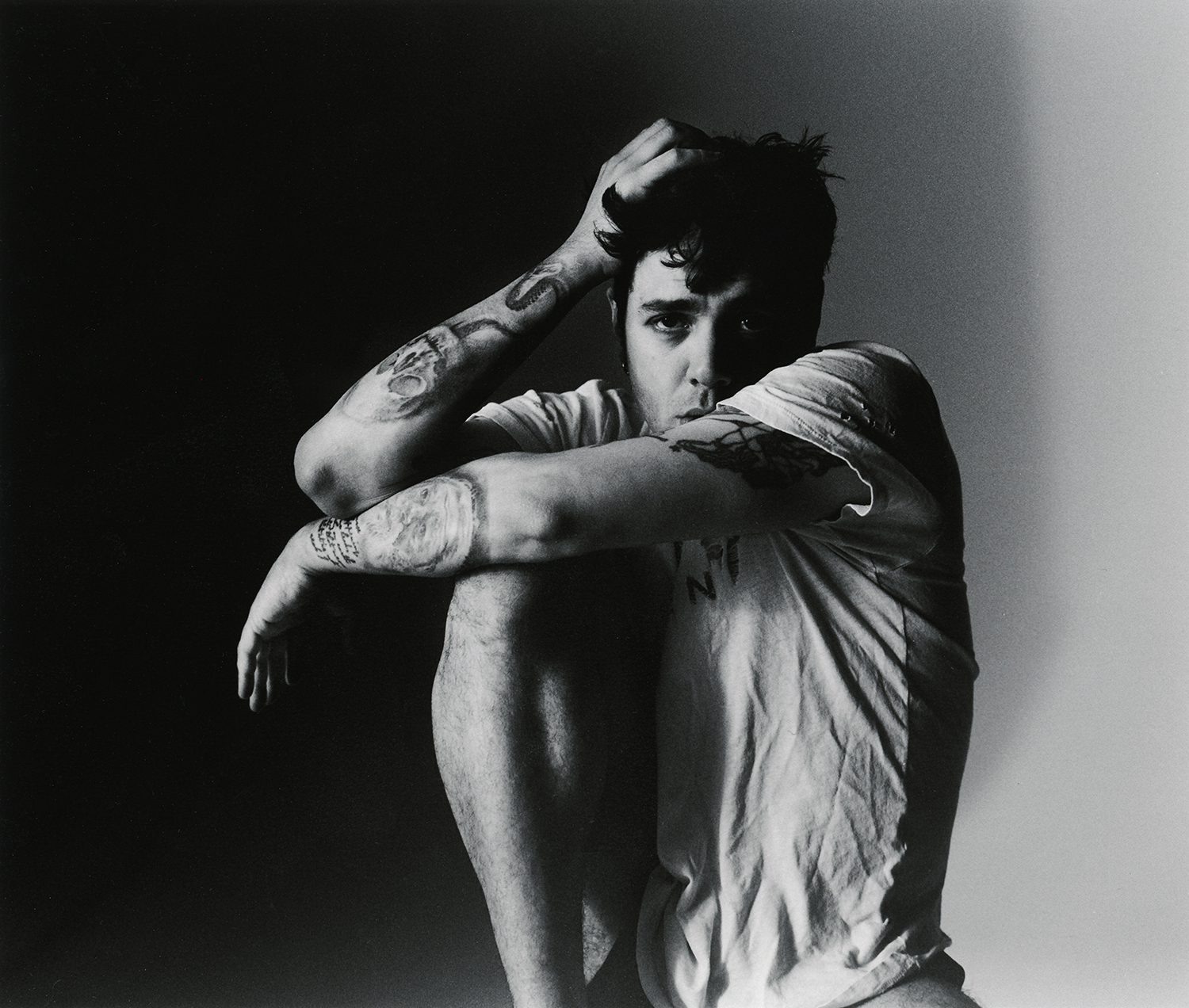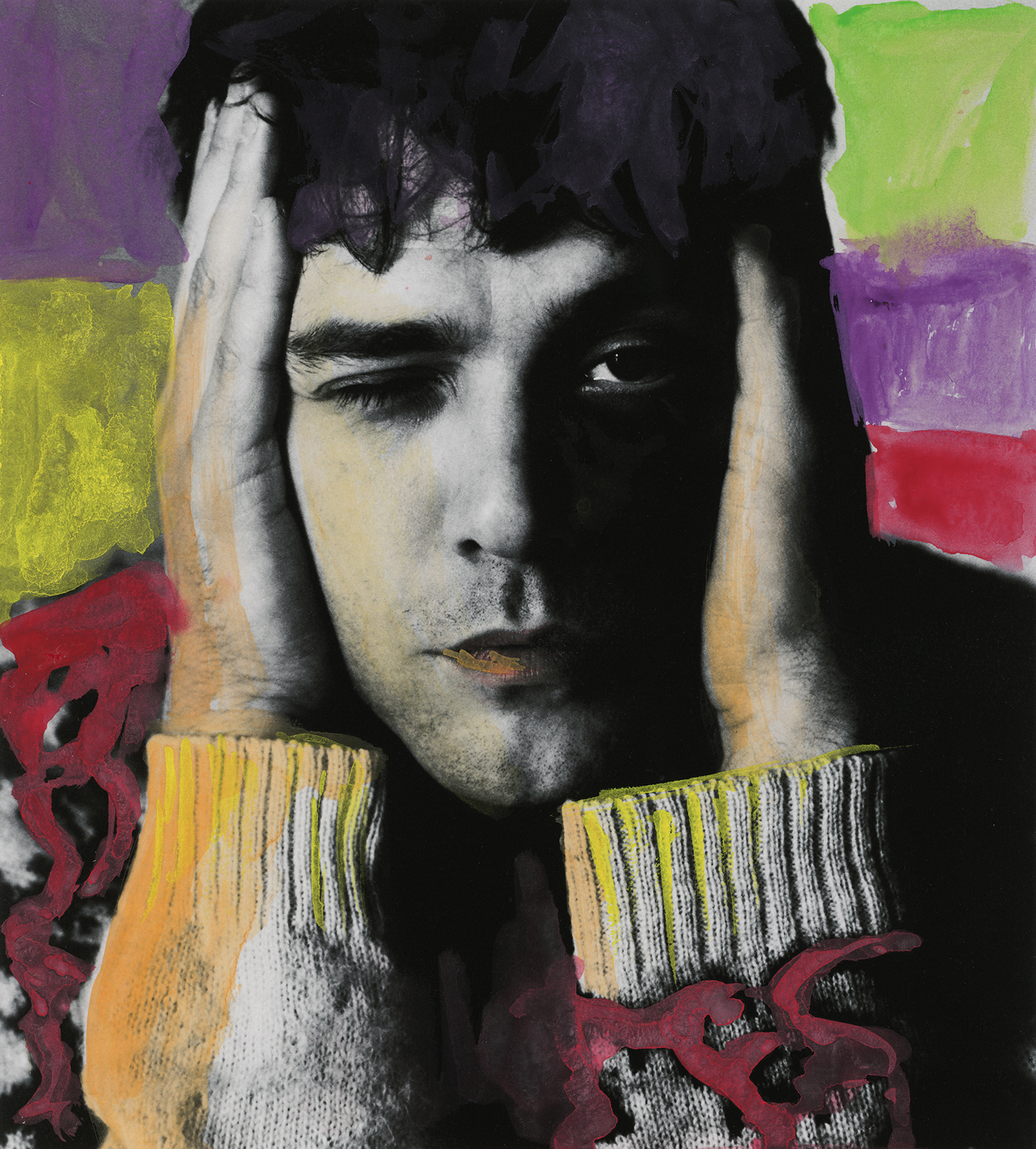In July 2023, the Spanish newspaper El Mundo attributed a statement to Xavier Dolan that would change the course of the director’s career. “Art is useless and making movies is a waste of time.”
It’s the kind of sly, provocative statement that the award-winning director and self-identified occasional “brat” has become known for making. But this headline struck a particular nerve, and it travelled fast. ArtReview published an op-ed titled “Who Can Afford to Quit the Artworld?” One film blogger called the situation “a total shit show.” Xavier, trying to bring some clarity, wrote on Instagram that “Sometimes things are taken out of context and words are lost in translation.”
The quote was a condensed and reworked version of something Xavier said that day, later released by El Mundo: “When I look at the world, making films is suddenly very unimportant and a little bit meaningless.” (i-D has surveyed the audio provided to us by Xavier of the full 33-minute conversation between Xavier and El Mundo, and found no mention of art being ‘useless’, or of Xavier referring to making films as being a ‘waste of time’.) In the conversation, Xavier wasn’t discrediting the power and value of the medium that had made him. He was talking about the climate crisis, its encroaching effect on all of our livelihoods, and the industry’s ignorance towards it – which, alongside the financial failures of his last three movies, had led him to declare that he was done with filmmaking at the age of 34.
“It [all] boils down to that quote,” Xavier says today, speaking from his home in Montreal after returning from the Cannes Film Festival, where he headed up the Un Certain Regard jury. In his own words, Xavier here tells the story of what life’s been like since the interview, the experience that reignited his love for filmmaking and the project he plans to make in the wake of it.

Xavier Dolan: “In a business where people fight to exist and make films independently, everyone’s trying to find their place. Sometimes it’s less obvious where yours is. To [be seen to] belittle everyone’s collective effort to belong in this industry by saying that ‘art is meaningless and cinema is a waste of time’ alienates you from an entire community. It makes you seem like an ungrateful piece of shit.
“In the aftermath of that interview, it was extremely lonely. It had repercussions on my work. There was nothing. No phone calls, no nothing. I make commercials and shoot campaigns too – but [after the interview] these agents would say: ‘Oh, so he’s available for the commercial? We thought that art was meaningless or a waste of time?’ I normally voice a lot of films in French, but there was none of that either. The silence was total silence. The only thing that would matter at that moment was a creative endeavour, but I hadn’t had the urge to write for a long time.
“From I Killed My Mother in 2008 to 2017, I never had to think about what’s next. I always knew. But when I finished [2019’s] Matthias & Maxime, I didn’t know. I had just turned 30 and I wanted a change of pace. Then came the pandemic. Not only did I not know what would come next, but the industry was plagued with restrictions, and shooting would have been arduous. I couldn’t imagine myself flourishing.
“I had also just emerged from three catastrophic financial failures, so it didn’t seem that people would feel like it would be urgent to finance my next film, especially if it would be expensive. So I made [the television series] The Night Logan Woke Up. It was the greatest shooting experience of my life, and I’m extremely proud of it. I wasn’t worried about not making films – it just seemed like making them wasn’t financially accessible to me anymore. Because I don’t want to embark on a journey where I cannot [make a film] better than the one before. It always needs to be better.
“For 15 years, I’ve been reinvesting all of my salaries back into my work. I’ve never made money through filmmaking. I’ve been lucky enough to be an ambassador for Louis Vuitton, and that’s how I bought a house, otherwise I’d still be in my old apartment. But this house’s mortgage is maxed out because I not only had to reinject my entire salary for [The Night Logan Woke Up] back into it, but also pay extra for song [licensing] and to shoot on film.
“Earlier this year, when Thierry [Frémaux, the director of the Cannes Film Festival] called and asked for me to be President of the Jury for Un Certain Regard, it felt providential – not in a religious way, but the timing was god-like. It felt like the opportunity to repair and rebuild, and also to re-expose me to what ultimately matters more than anything, which is art. Throughout this experience, I was always curious about other people’s art, it was just too painful for me to make at that moment.

“At Cannes, you sit in this honoured space, the theatres of the Grand Palais, in the dark with cinephiles. Everyone comes together to witness the year’s harvest of allegedly the best filmmaking. It often feels like there is nothing superior to it, like you’ve been touched by grace. It makes you want to [make films] again.
“Eight years of making films, and eight years of not making any. I love that symmetry.”
“[Before the festival,] I had thought that I was going to make [two TV shows]. I was attached to a HBO project as a director but not the writer — that’s not happening. [The second show] wasn’t an adaptation so it would have been all new material [I wrote]. That series is something I still want to create, but after coming back from Cannes, I realised I should make something within my reach, rather than setting myself up for failure with something that would be a lot of fucking work.
“I came back home [from Cannes with the urge] to make a terrazzo floor in my entrance hall. I’d acquired tiles of broken stone and marble and onyx. I needed to make something so badly that I came home, ripped my floor out, then assembled them to create it.

“[At that time,] I had started to think about this project I had shelved right before the pandemic. It’s a genre film set in late 19th century France, but it feels like the most personal story I could tell in my life right now. The original source material is a short story, but I’m going to say that 80% will be completely made up. Writing it, I’m avid. I’m really excited. It’s playful and [the dialogue has] a lot of humour; the language that these people of literary society – or Les Lumières – were speaking in at the time. I’m drawing, painting – every shot is already described. I even went to the textile merchant the other day to buy fabric for the costumes. I aim to be shooting this in the summer or fall of 2025, which means it’ll be released in 2026. That would mean that it will have been eight years since the shoot of Matthias & Maxime – the span of the first chapter of my career. Eight years of making films, and eight years of not making any. I love that symmetry.
“Nowadays, I look back every once in a while. Of my films, I think I’ve seen [The Death and Life of] John F. Donovan or Matthias & Maxime the most. I like looking back on things that I’ve made, not because of how they make me feel but of how it felt shooting them. The memories resurface when I watch them.
“I’m about to embark on a fall of shooting in France as an actor. I’ve been meaning to act for other filmmakers forever, and it just didn’t happen. Now it’s all happening at once. I feel good. I feel happy.”
Text: Xavier Dolan
Introduction and interview: Douglas Greenwood
Photography: Fred Gervais
